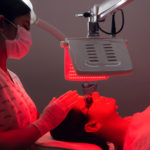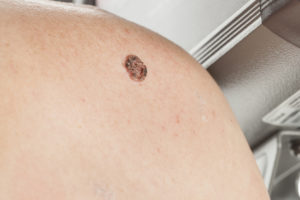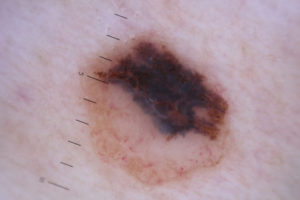
What Is Dermoscopy?
Dermoscopy is a procedure that is performed with a device called a dermatoscope. It allows the medical professional to get a better view of the epidermis and dermis. It is a non-invasive procedure that is primarily used to discover lesions on the skin. Your dermatologist may recommend that you get this procedure before you get mole removal in Southampton, PA.
Improves the Diagnosis of Skin Cancer
Skin cancer is one of the most common types of cancer. Fortunately, it is much easier to treat if it is detected early. Dermatologists are only able to diagnose 65 to 80 percent of melanomas with their naked eye. Dermoscopy can boost the accuracy of diagnosis by 10 to 27 percent. If the dermoscopy reveals something suspicious, then you will be able to get the treatment that you need.
Differentiate Between Different Lesions
A naked eye exam can reveal that there is something wrong. However, a dermatologist may not be able to differentiate between the different types of lesions with their naked eye. A dermatoscope can help the dermatologist determine the type of skin cancer that you have.
Reduce the Need for Biopsies
Biopsies are one of the standard diagnostic tools used for skin cancer. A biopsy requires that you undergo a minor procedure with basic wound care and follow up. Dermoscopy is a non-invasive procedure while offering a great opportunity to find early basal cell carcinoma and squamous cell carcinoma.
Furthermore, it is not time-consuming for you to get an exam with dermoscopy. It typically takes about 70 seconds to perform a full skin examination. If a dermoscopy is added, then the entire examination will take 142 seconds.
Painless Procedure
The thought of pain is one of the reasons that many people are afraid to come to the doctor. You can put your mind at ease when you contact our dermatology services in Bucks County, PA to learn more. We take extra steps to minimize pain including using dermoscopy to minimize the need for unnecessary biopsies.







No comment yet, add your voice below!